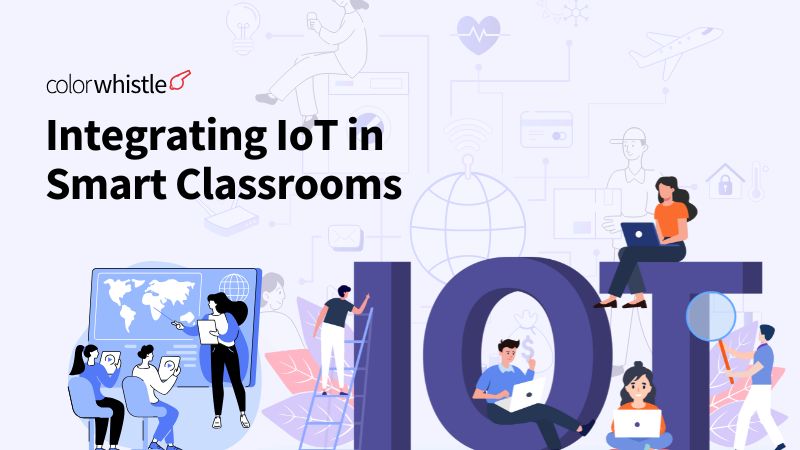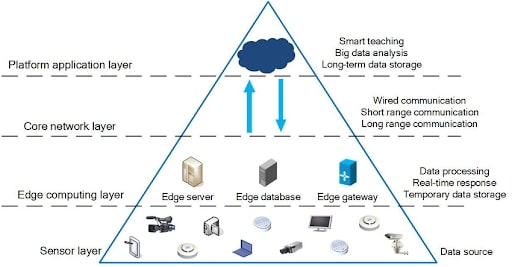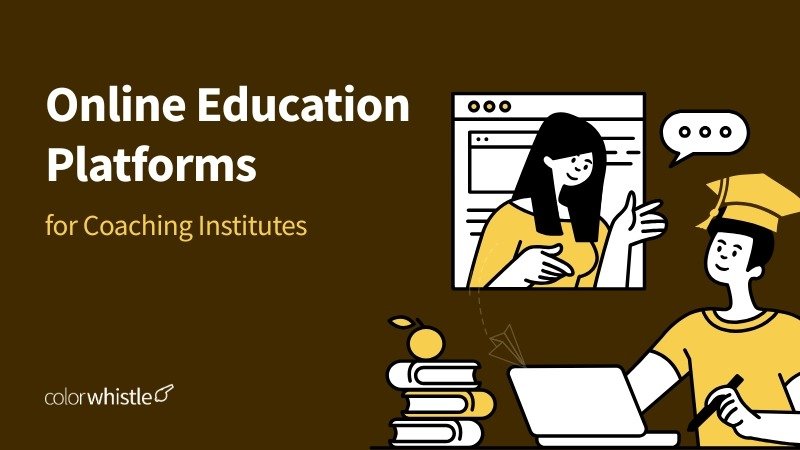AI Summary
Key Highlights of IoT Integration in Smart Classrooms
This post explores how integrating IoT in smart classrooms revolutionizes education by enabling real-time data analytics. The key insight: IoT connects devices to monitor student engagement, attendance, and environment, enhancing personalized learning and classroom management. It highlights technologies like wearable sensors, adaptive platforms, and automated controls that streamline teaching and improve learning outcomes. The article addresses benefits such as increased engagement, sustainability, and efficiency while acknowledging challenges like data privacy, cost, and technical expertise. It serves educators and institutions aiming to adopt smart educational technologies, promising smarter, connected, and more inclusive classrooms.
What is IoT?
The Internet of Things (IoT) is a network of physical objects embedded with software and sensors, allowing them to be controlled remotely across a network infrastructure. IoT is becoming increasingly important in education, with applications such as smart classrooms gaining ground.
IoT integration with classroom learning brings automation, enabling complete control over electrical equipment. This control can be achieved through gesture-based techniques or voice-based commands. IoT can be used to develop intelligent systems that can understand and function according to our needs without commands.
As we continue to explore the future of education, AI is also playing a big role, making STEM subjects like math and science more accessible and engaging for students. Check out AI’s impact on STEM education to learn more.
What Makes a Classroom Smart?
A smart classroom is a technology-enriched space where digital tools blend seamlessly with traditional teaching practices. Features like interactive whiteboards, multimedia equipment, and cloud-based platforms work together to enhance modern educational experiences.
The Internet of Things (IoT) further elevates smart classrooms by enabling connectivity and automation. Devices within the classroom communicate and process real-time data, helping educators better understand student needs and optimize learning conditions. For example, a connected classroom can automatically adjust lighting and temperature based on occupancy or monitor individual engagement levels to tailor teaching strategies.
Did you know?
IoT-driven attendance systems provide precise data, with nearly 99% accuracy by reducing human errors, while also encouraging punctuality among students.
The Role of IoT in Smart Classrooms
IoT acts as the backbone of modern education systems by connecting various devices, from smartboards to wearable gadgets, that gather and share information. These devices form a network capable of enhancing teaching strategies and administrative processes.
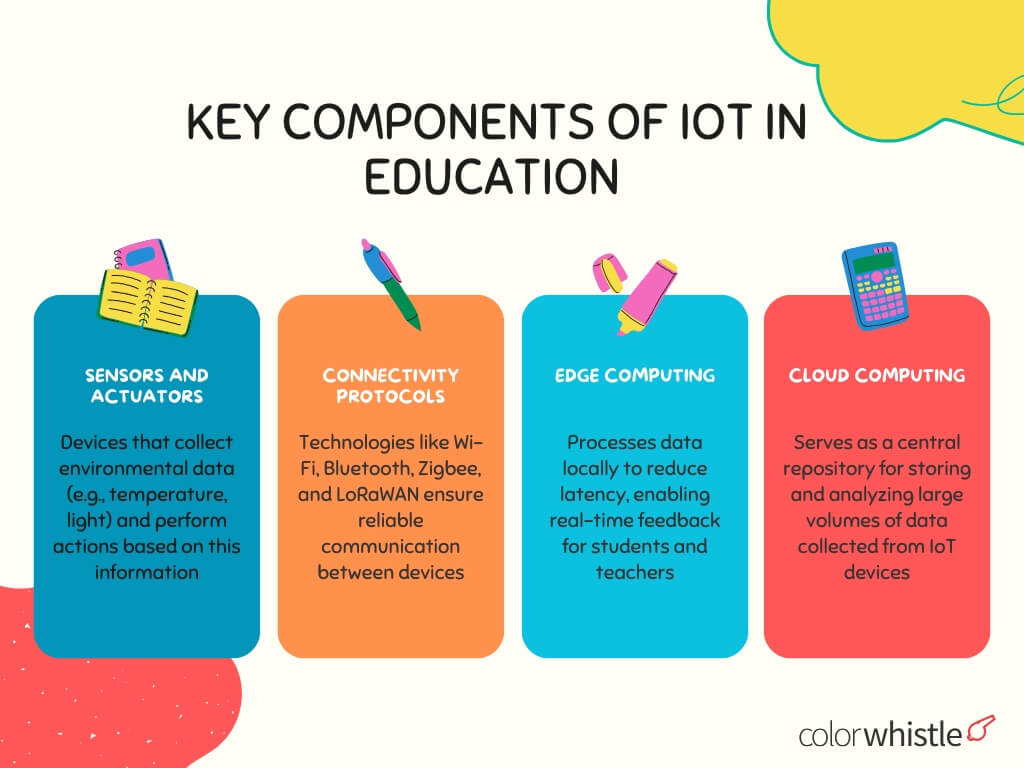
Real-Time Data Analytics in Smart Classrooms
Real-time data analytics is a crucial aspect of smart classrooms, providing insights that can significantly enhance teaching and learning processes.
Data Collection Methods
IoT devices continuously gather data on various parameters such as
- Student Engagement: Wearable technology can track participation levels during lessons
- Attendance Monitoring: Automated systems ensure accurate attendance records with minimal human intervention, achieving nearly 99% accuracy5
- Environmental Conditions: Sensors monitor classroom conditions (temperature, air quality) to maintain an optimal learning environment
Also Read
Analytics Tools and Techniques
- Dashboards for Teachers: Real-time dashboards allow educators to monitor student performance and engagement levels instantly
- Adaptive Learning Platforms: These systems adjust content difficulty based on individual student needs, promoting personalized learning experiences
Key IoT Devices Powering Smart Classrooms
Interactive Whiteboards
Interactive whiteboards are a staple in smart classrooms, allowing teachers to display, annotate, and interact with digital content. IoT enhances these tools by integrating them with cloud systems, enabling real-time sharing and collaboration among students.
Smart Sensors
Sensors monitor various aspects of the classroom environment, such as lighting, temperature, and air quality. These sensors ensure that the physical learning environment is optimized, contributing to better concentration and productivity.
Wearable Technology
Wearables like smartwatches and fitness bands are not just trendy; they play a significant role in education. By tracking metrics like activity levels and heart rates, these devices provide insights into students’ physical well-being and readiness to learn.
Connected Learning Devices
Devices such as tablets and laptops are indispensable for personalized learning. IoT connects these devices to create a unified platform for accessing resources, completing assignments, and even participating in virtual reality (VR)-based lessons.
Benefits of IoT Integration in Education
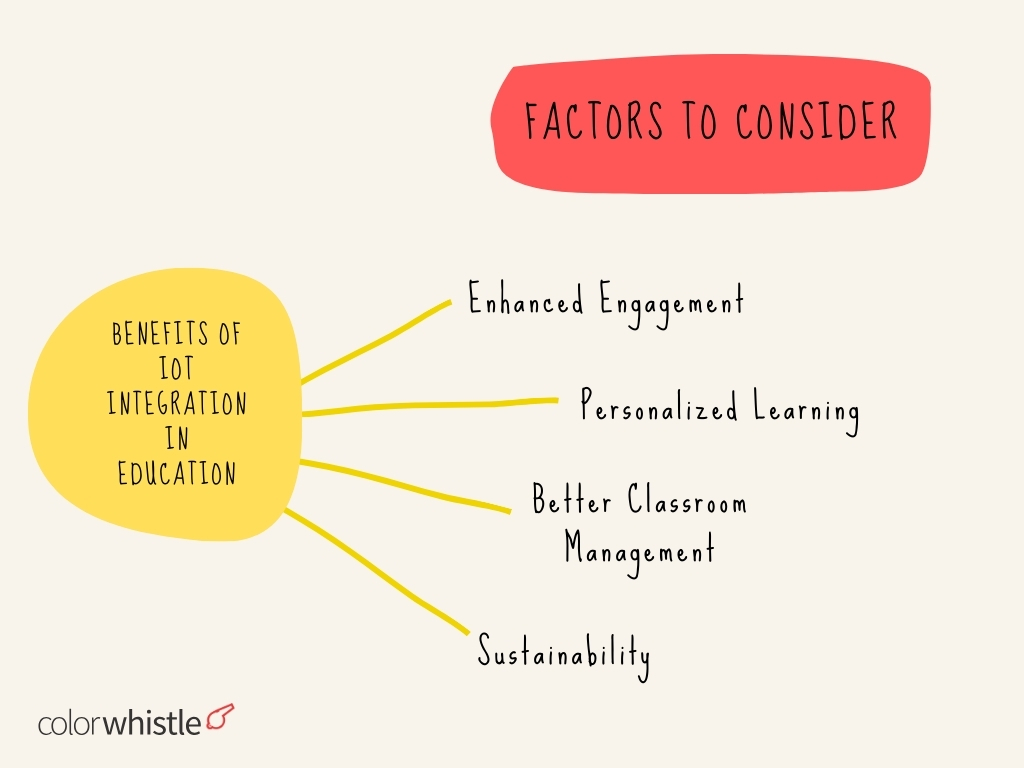
Enhanced Engagement
IoT-driven tools make learning interactive and enjoyable. Augmented Reality (AR) and Virtual Reality (VR) experiences immerse students in subjects like history or science, making complex topics easier to understand.
Personalized Learning
IoT gathers data on individual learning behaviors, enabling educators to tailor lessons to suit different students. Advanced systems can even suggest resources and exercises based on a student’s unique needs.
Also Read
Better Classroom Management
Automation is a significant advantage of IoT. Attendance tracking, resource allocation, and even energy management are streamlined, allowing educators to focus on teaching rather than administrative tasks.
Sustainability
IoT-enabled energy management systems reduce unnecessary power consumption. For instance, sensors can automatically turn off lights and devices when the classroom is empty, cutting operational costs and reducing the school’s carbon footprint.
Challenges in Implementation
While the benefits are substantial, integrating IoT into smart classrooms also presents challenges
- Data Privacy and Security: Ensuring the privacy and security of student data is paramount. Robust data protection measures must be implemented to prevent unauthorized access or misuse
- Technical Expertise: Integrating and maintaining IoT infrastructure requires technical expertise, which may not be readily available in all educational institutions. Professional development programs can equip educators with the necessary skills
- Cost: Implementing IoT solutions can involve significant upfront costs for hardware, software, and professional services. However, the long-term benefits in terms of improved learning outcomes and operational efficiency can outweigh the initial investment
- Ethical Considerations: It is crucial to use IoT data ethically and responsibly, avoiding any potential biases or discrimination in personalized learning approaches
How ColorWhistle Can Help?
Whether you’re looking to build a fully connected smart classroom or upgrade existing technology, ColorWhistle is your trusted partner. Our expertise in IoT development, web solutions, and data analytics ensures that institutions not only overcome challenges but also thrive in the digital era of education.
Visit our Education Website Development Service page to explore how we can help revolutionize your online classroom today!
Wrap-Up
Integrating IoT in smart classrooms is not just a technological leap but a paradigm shift in education. By utilizing real-time data analytics, schools can create adaptive, efficient, and engaging learning environments that cater to the individual needs of students. Although challenges exist, the benefits far outweigh the drawbacks, offering a glimpse into the future of education, a future where learning is smarter, connected, and more inclusive than ever.
Browse our ColorWhistle page for more related content and learn about our services. To contact us and learn more about our services, please visit our Contact Us page.
What’s Next?
Now that you’ve had the chance to explore our blog, it’s time to take the next step and see what opportunities await!

